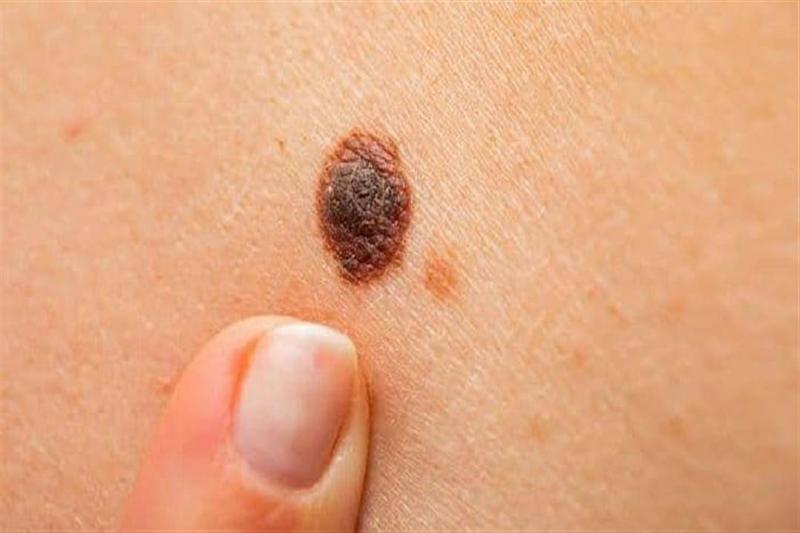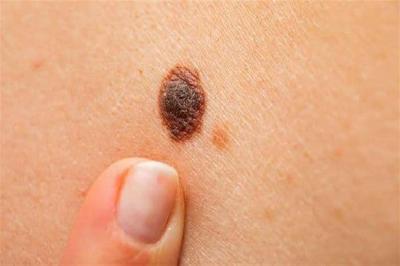A recent study has revealed that many young people in the United States have "misinformation" regarding skin cancer and its prevention methods, according to the health news site "Health." According to a survey conducted by Ipsos on behalf of the Orlando Cancer Institute, involving over a thousand people aged 18.2 years and older, the results showed that nearly one-third of participants believe that tanning makes people look better and healthier, while 35 percent were unsure if getting a "base tan" prevents skin cancer.
A base tan is a color that develops on the skin after initial exposure to sunlight, with some erroneously believing that this color helps protect the skin from sunburns during subsequent exposures. Adults under 35 years old were more likely to believe "myths" related to skin cancer, with 23 percent stating they believe keeping the skin moisturized prevents sunburn, and 14 percent agreeing that using sunscreen is more damaging to the skin than sun exposure.
A health study published last October indicated that "most people do not use enough sunscreen or wear appropriate clothing when exposed to sunlight for extended periods," warning that these creams may give them a "false sense of security," as reported by the British newspaper "Independent." Skin cancer is the most common type of cancer in the United States, with more than 3 million people diagnosed each year. Experts have pointed out that social media is the primary reason people fall victim to misinformation about this malignant disease.
In this regard, Rajesh Nair, a cancer surgeon at the Orlando Health Institute, told Health: "Many of us get news and information from social media platforms... Unfortunately, this allows the easy spread of misinformation and conspiracy theories that are presented in appealing ways." This is echoed by Joshua Zeichner, the director of cosmetic and clinical research in dermatology at Mount Sinai Hospital, who told Health: "With so much misinformation on social media, I find that many consumers believe incorrect advice."
**Prevention Tips**
According to the Mayo Clinic, skin cancer can be prevented by following these steps:
- Avoid sun exposure during midday. For many people in North America, sunlight is strongest between 10 AM and 4 PM, so schedule outdoor activities during other times of the day, even in winter or when the sky is cloudy.
- Avoiding the harshest sunlight helps prevent sunburn and tanning that can damage the skin and increase the risk of skin cancer, as repeated sun exposure over time can also cause skin cancer.
- Use a sunscreen year-round, keeping in mind that sunscreens do not block all harmful ultraviolet rays, especially the radiation that can lead to melanoma, but they play a vital role in a comprehensive sun protection program.
- Use broad-spectrum sunscreen with at least SPF 30, even on cloudy days.
- Apply sunscreen generously, reapplying every two hours or more if swimming or sweating.
- Use a considerable amount of sunscreen on all exposed skin, including applying it to your lips, the tips of your ears, the back of your hands, and your neck.
- Wear protective clothing because sunscreens do not provide complete protection from UV rays; cover your skin with tightly woven, dark clothing that covers your arms and legs and wear a wide-brimmed hat for better protection than smaller hats.
- Don’t forget to wear sunglasses that block both types of ultraviolet rays A and B.
- Avoid tanning beds. The lights used in tanning beds emit UV rays and can increase the risk of skin cancer.
- Be aware of medications that increase sensitivity to sunlight. Some common prescription and over-the-counter medications, including antibiotics, can make your skin more sensitive to sunlight.
- Ask your doctor about the side effects of any medications you take. If the medications increase your sensitivity to sunlight, take extra precautions to stay out of the sun to protect your skin.
- Regularly examine your skin and report any changes to your doctor. Occasionally check your skin for new growths or changes in existing moles, freckles, bumps, and spots.
- Use mirrors to check your face, neck, ears, and scalp, and inspect your chest and torso, as well as the tops and bottoms of your arms and hands to ensure there are no changes in the skin.




